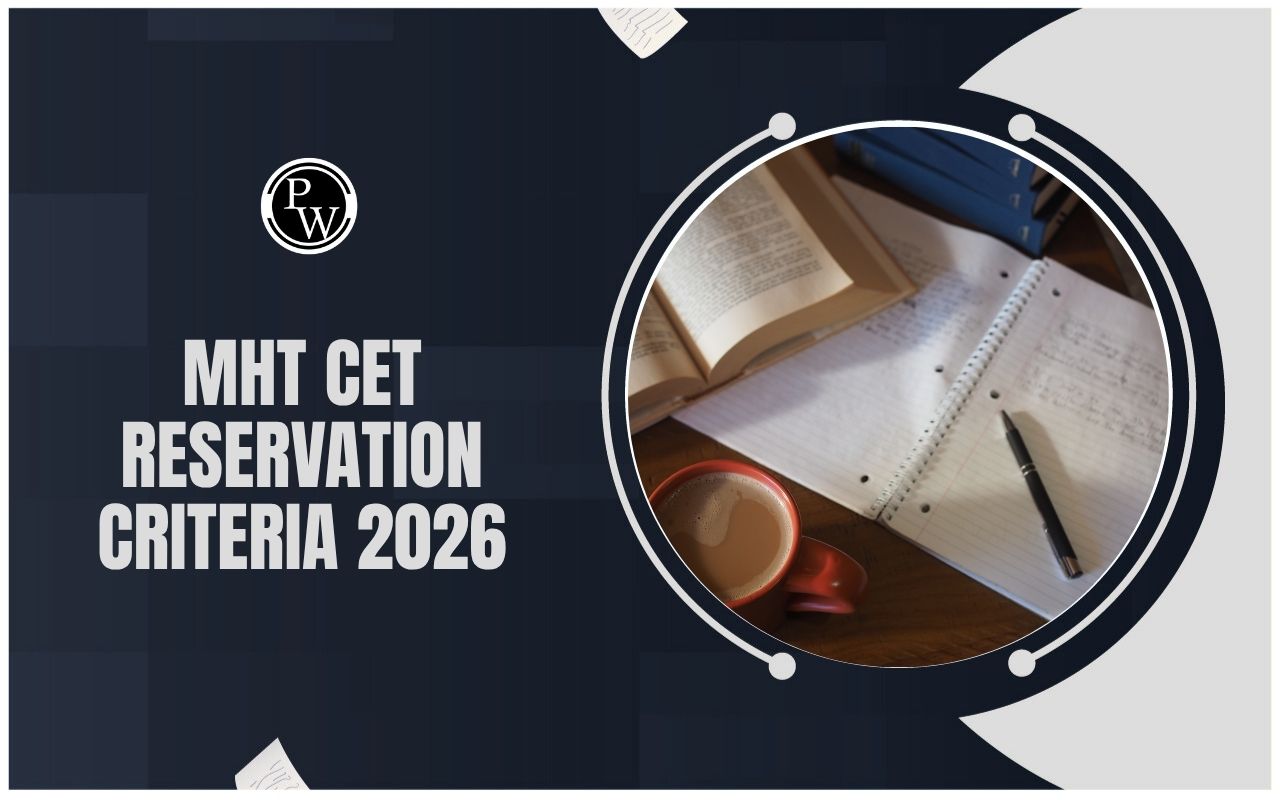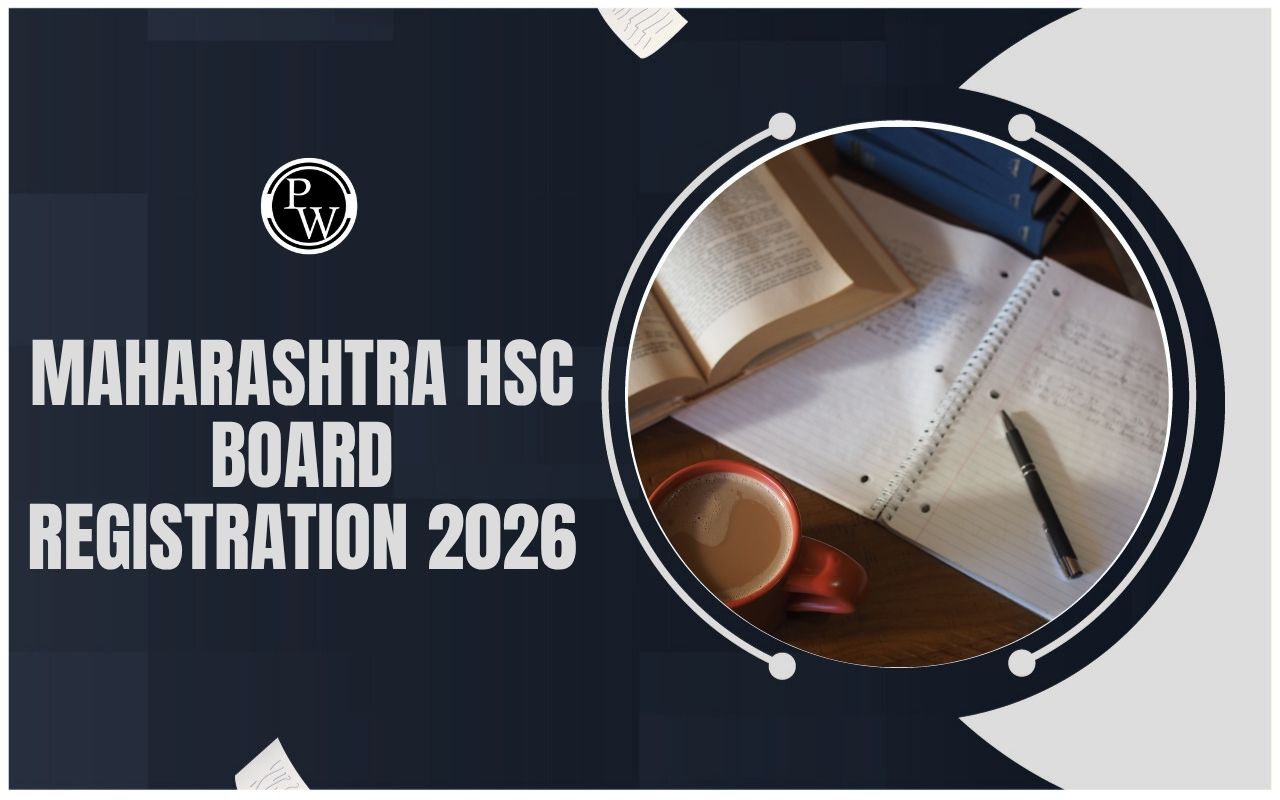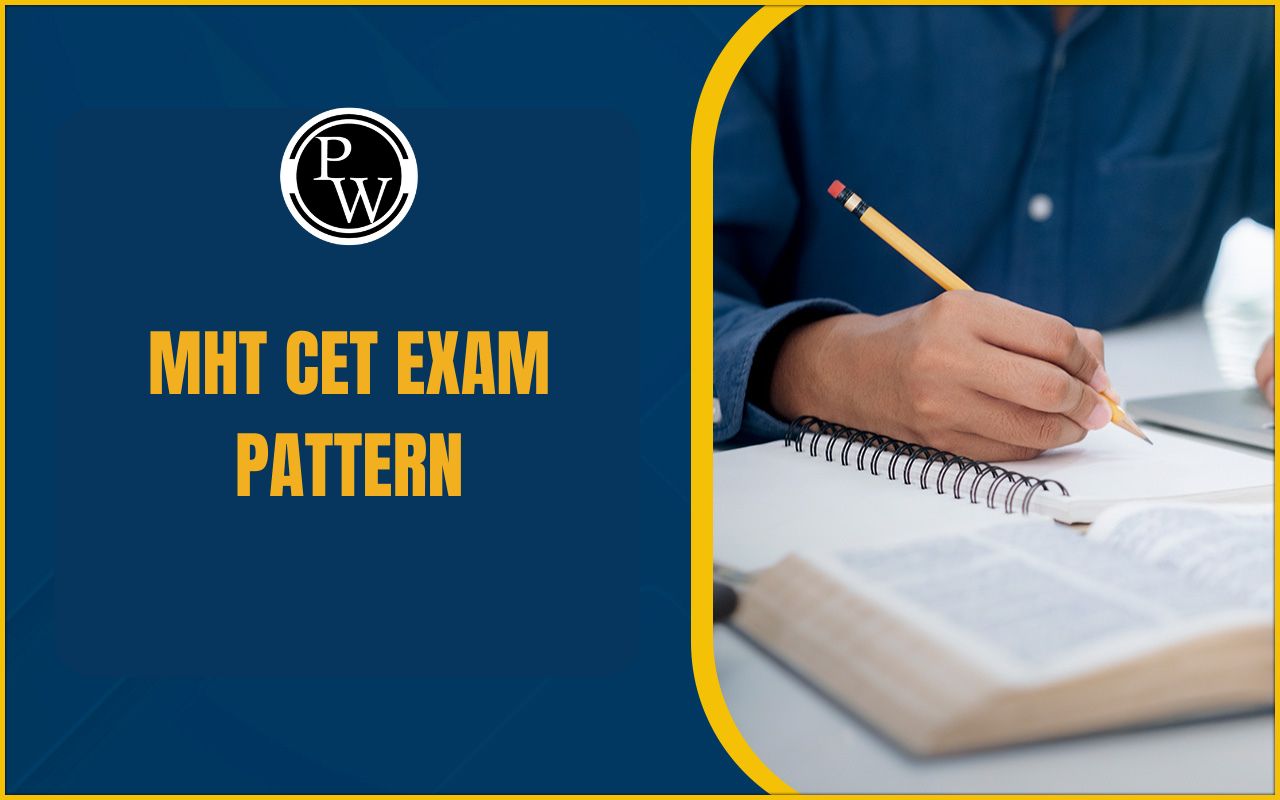
AP Polycet Analysis 2025: The AP Polycet Analysis 2025 will be provided here once it becomes available. This comprehensive analysis will include detailed insights into the exam pattern, trends, and performance metrics.
It will cover various aspects such as the difficulty level, subject-wise distribution of questions, and comparison with previous years' data. Additionally, strategies for effective preparation and tips for success will be shared.
We aim to offer students valuable information to help them understand the exam better and plan their approach accordingly. Stay tuned for the detailed AP Polycet Analysis 2025 once it is officially released.
Read: AP POLYCET 2025
AP Polycet Analysis 2025
In the table below, we will provide AP Polycet Analysis 2025. This table includes the number of questions and the difficulty level of the examination.
It offers a comprehensive overview of exam patterns and trends, helping students and educators gain insights into the exam's evolving dynamics and make informed decisions for future preparation strategies.
|
AP Polycet Analysis 2025 |
||
|
Subject |
No. of Questions |
Difficulty Level |
|
Mathematics |
50 |
to be updated |
|
Physics |
40 |
to be updated |
|
Chemistry |
30 |
to be updated |
|
Total |
120 |
to be updated |
Subject Wise AP Polycet Analysis 2025
Below, we have provided a detailed subject-wise pre-exam analysis for the AP POLYCET 2025 exam. This includes important topics and their weightage for each subject – Mathematics, Physics, and Chemistry.
By understanding the distribution of questions and marks for each subject, candidates can plan their preparation strategy accordingly, focusing on the most crucial areas to secure better scores in the exam.
AP Polycet Analysis 2025 for Physics
Below we have provided pre-exam analysis for physics -
|
AP Polycet Analysis 2025 for Physics |
|
|
Particulars |
Pre-Exam Analysis |
|
Total number of questions |
There will be a total number of 120 questions in the AP POLYCET 2025 exam. Out of which 40 questions will be asked in the Physics section. |
|
Marking |
One mark will be awarded to the correct answer, and there will be no negative marking in the exam. |
|
Format of Questions |
Multiple choice questions |
|
Total marks |
120 marks |
|
Important Chapters |
- Reflection of light - Units & dimensions - Work, power, and energy - Simple harmonic motion and acoustics - Kinematics and friction - Heat & thermodynamics - Refraction of light at plane surface - Refraction of light at curved surface - Modern physics |
AP Polycet Analysis 2025 for Chemistry
Below we have provided pre-exam analysis for Chemistry -
|
Particulars |
Details |
|
Total number of questions |
30 questions will be asked in the Chemistry section of the AP POLYCET 2025 exam. |
|
Marking |
One mark will be awarded for each correct answer. No negative marking in the exam. |
|
Format of Questions |
Multiple-choice questions |
|
Total marks |
30 marks |
|
Important Chapters |
- Fuels - Atomic structure - Acids & bases - Electrochemistry - Corrosion - Polymers - Chemical Bonding - Solutions - Water technology - Environmental chemistry |
AP Polycet Analysis 2025 for Mathematics
Below we have provided pre-exam analysis for Mathematics -
|
Particulars |
Details |
|
Total number of questions |
50 questions will be asked in the Mathematics section of the AP POLYCET 2025 exam. |
|
Marking |
One mark will be awarded for each correct answer. No negative marking in the exam. |
|
Format of Questions |
Multiple-choice questions |
|
Total marks |
50 marks |
|
Important Chapters |
- Algebra - Quadratic equations - Number system - Trigonometry - Sets - Progressions - Mensuration - Surface area and volume - Real numbers - Linear equations - Polynomials - Statistics - Geometry - Mathematical modelling - Coordinate geometry - Probability |
AP Polycet Previous Years Analysis
Below, we have provided an analysis of the AP POLYCET exam from previous years. This includes insights into the number of questions, the marking scheme, and the distribution of topics across various subjects.
By reviewing past year trends, candidates can get a clearer understanding of the exam's structure and the weightage given to different chapters. This will help in strategizing the preparation process to focus on the most crucial areas for better performance in the upcoming exam.
Check: AP POLYCET Syllabus 2025
AP Polycet Analysis 2024
Here’s an analysis of the difficulty level of each section for the AP POLYCET 2024 exam:
1. Mathematics
-
Difficulty Level: Moderate to High
-
Reason: The section was balanced, but certain topics like Algebra, Trigonometry, and Progressions were more challenging.
-
Key Challenge: Lengthy problems in Mensuration and Coordinate Geometry.
-
Strategy: Focus on mastering basic concepts and practicing problem-solving speed.
2. Physics
-
Difficulty Level: Moderate
-
Reason: Physics questions were straightforward but required conceptual clarity.
-
Key Challenge: Topics like Refraction, Heat & Thermodynamics, and Simple Harmonic Motion.
-
Strategy: Revise formulas and practice numerical problems.
3. Chemistry
-
Difficulty Level: Moderate to Easy
-
Reason: Questions were primarily theoretical, with a few application-based questions.
-
Key Challenge: Some questions from Organic Chemistry and Chemical Bonding were tricky.
-
Strategy: Focus on important chapters like Atomic Structure, Acids & Bases, and Environmental Chemistry.
Check: AP POLYCET Counselling 2025
AP Polycet Analysis 2023
Here’s an analysis of the difficulty level of each section in the AP POLYCET 2023:
1. Mathematics Section
-
Difficulty Level: Moderate to Difficult
-
Key Insights: Questions were balanced, with a fair distribution across topics like Algebra, Trigonometry, and Geometry. Some questions required deeper understanding and application of formulas, especially in Mensuration and Coordinate Geometry.
2. Physics Section
-
Difficulty Level: Moderate
-
Key Insights: The questions were relatively straightforward, focusing on fundamental concepts like Work, Power, Energy, and Reflection of Light. However, some tricky questions required strong conceptual clarity, particularly in Heat & Thermodynamics.
3. Chemistry Section
-
Difficulty Level: Easy to Moderate
-
Key Insights: The Chemistry section was considered easier compared to others. Topics like Acids & Bases, Atomic Structure, and Polymers had relatively simple questions. Some questions were direct, based on basic theory from the syllabus.










